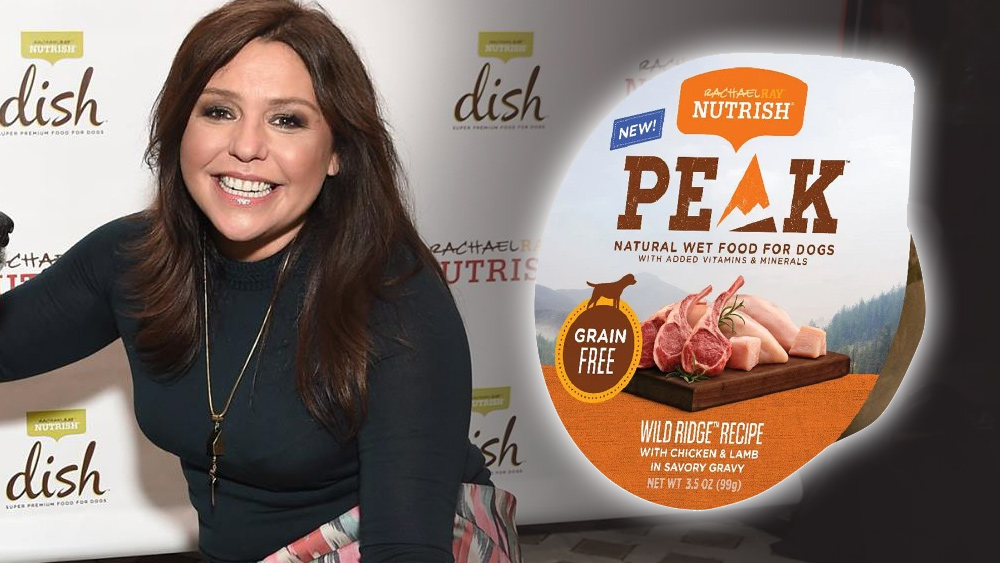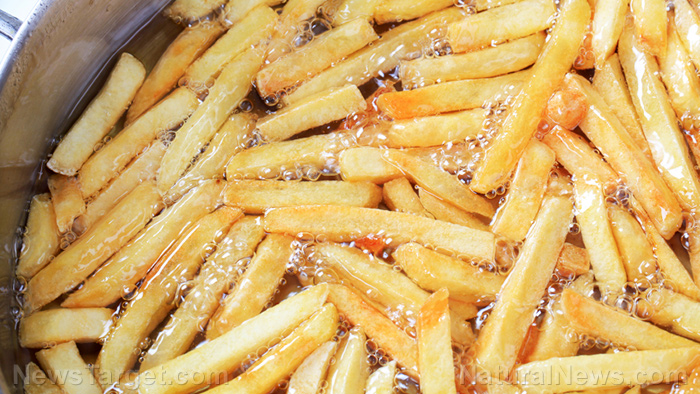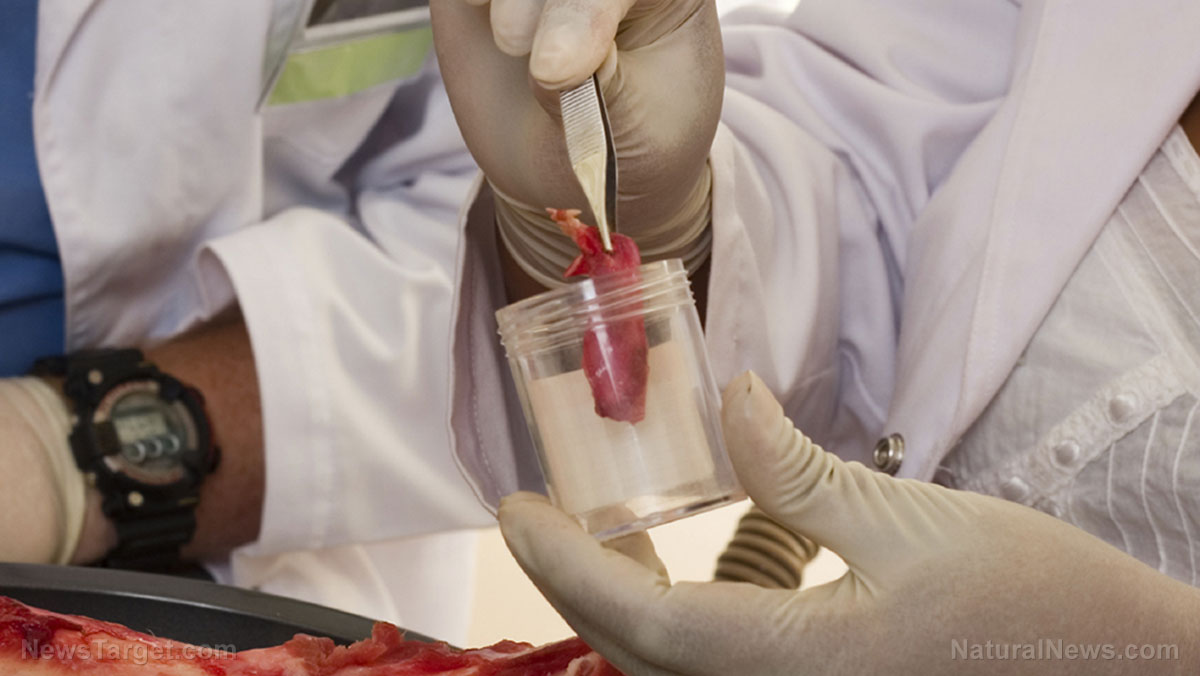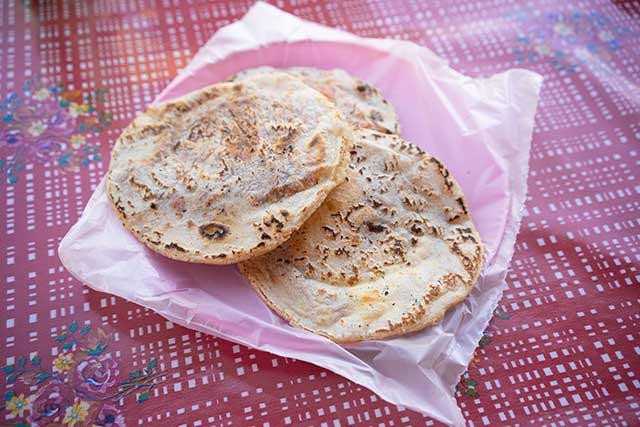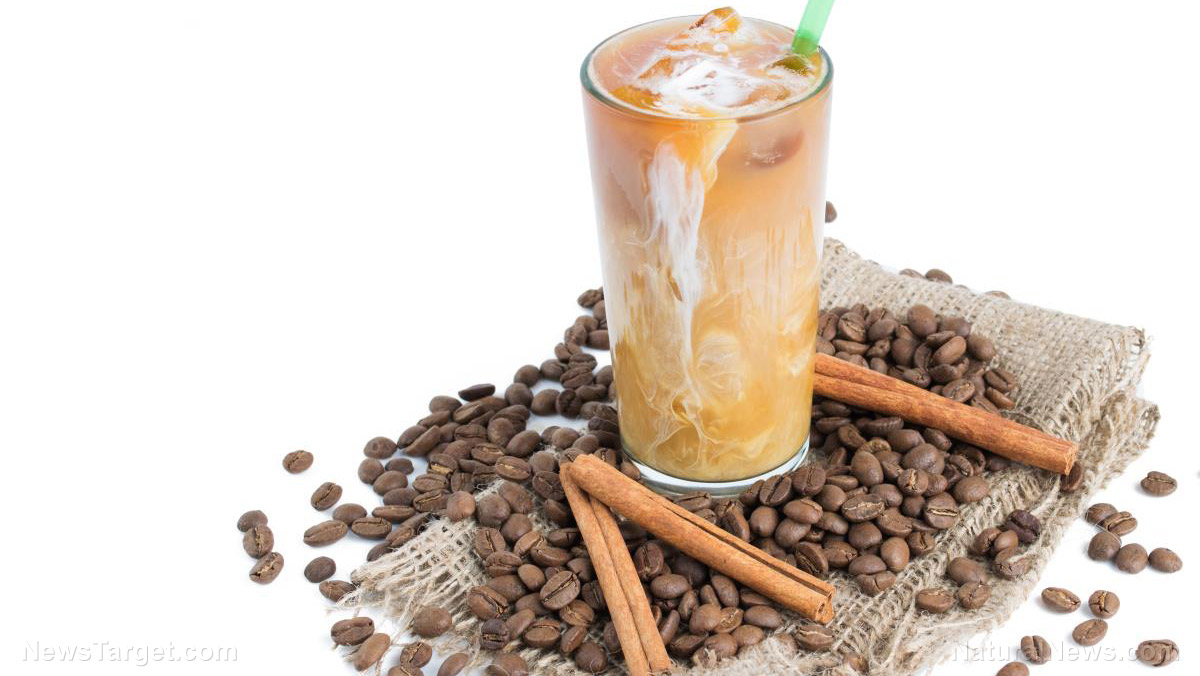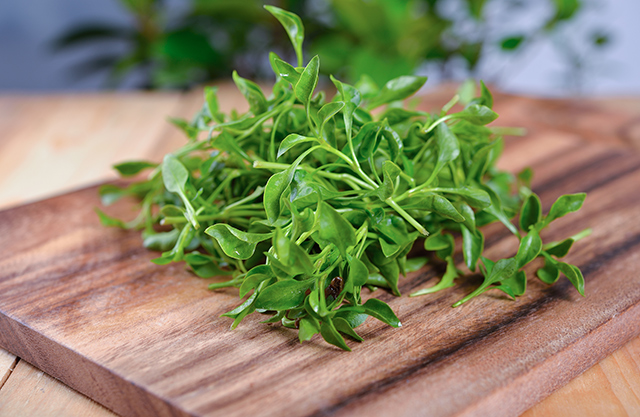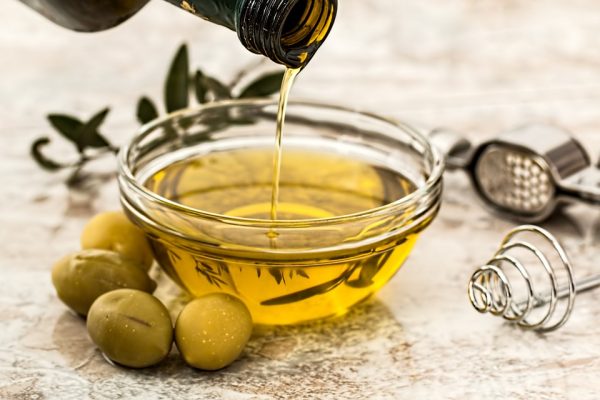Processed AND contaminated: Twinkies recalled over possible salmonella concerns
01/24/2017 / By Lance D Johnson

Hostess Twinkies are one of the most processed food-frauds sitting on the supermarket shelves today. Wrapped in plastic and void of any nutrition, these snack cakes are a welcome invitation for chronic disease. Even though they are loaded with synthetic preservatives, they can still harbor food borne pathogens such as salmonella. In fact, Hostess has recently recalled their nine-cake multi-packs of White Peppermint Twinkies over salmonella concerns.
The Twinkie recall is in response to an even bigger recall started by Blommer Chocolate Company. This company manufactures the confectionery coating on the heavily processed cakes. This salmonella threat is part of an even bigger threat coming from the milk powder used to make the coating on the Twinkies. The milk powder, processed at Valley Milk Products, was found contaminated with salmonella at the manufacturing facility. Under investigation by the FDA, the contaminated items include Valley Milk’s 50 pound bags of sweet cream buttermilk powder and their high heat nonfat dry milk powder.
The Valley Milk recall statement said that the contaminated products are not sold directly to consumers, “but are used (as) ingredients in a number of foods such as bakery products and distributed by brokers.” Valley Milk ships to dozens of states nationwide. Any of the items listed below can be returned to the store or thrown out. The list of contaminated products includes Palmer Candy Company’s covered pretzels, Southeastern Mills Inc. and Shore Lunch biscuit, gravy and breading mixes, and several other items, including:
- Palmer Candy Co. chocolate and holiday confections, including Publix Brand, Bakery Delights, Trail’s End and Delhaize
- Route 11 Sour Cream & Chive Flavored Potato Chips
- Dieffenbach’s Sour Cream & Onion Kettle Chips
- House-Autry Mills cornbread and biscuit mixes
- Dawn Food instant pudding and pie filling mixes
- Herr Foods Inc. and Peddler’s Pantry smoked chipotle kettle cooked potato chips
- Mikesell’s Potato Chip Co. Nacho Cheese Tortilla Chips
- Bickel’s Snack Foods sour cream and onion flavored potato chips, including Bon Ton, Seyfert, Troyer, Dan Dee, Key and Cabana brands
- Snyder of Berlin Buffalo Blue Kettle Cooked Potato Chips
- Williams-Sonoma Meyer Lemon Poppy Seed Quick Bread
- H-E-B Boston cakes
- Ron’s Home Style Foods Inc. Tropical Fruit Supreme, Pineapple Nut Delight and Pistachio Crème
- Old Dutch Foods Inc. flavored potato chips and tortilla chips
- Publix Super Markets pancake and waffle mixes
- Shearer’s Foods LLC kettle chips, potato chips and nacho chips
- Deep River Snacks kettle chips
- Stonewall Kitchen pancake and waffle mixes
- TreeHouse Foods Inc. macaroni and cheese
- New Hope Mills crepe mix
- Brand Castle LLC monkey bread mix
Salmonella in milk products is indicative of increasing antibiotic resistance
Exposure to salmonella often results in diarrhea, abdominal cramps, and fever, as the body fights to rid the infection. The emergence of salmonella in milk powder products is indicative of greater problems with livestock feed and antibiotics. Commercial cattle are fed glyphosate-ridden grains and pumped with antibiotics. This steady bombardment of antibiotics into the microbiomes of these animals causes antibiotic resistance in nature.
This is why resistant strains of pathogenic microorganisms are tainting even the most processed of milk products on the market. This antibiotic resistance spills over into all aspects of the foods people eat. Not even the best sterilization and pasteurization efforts can hold these pathogens back as they build resistance. One study shows how quickly salmonella is resisting the many antibiotics that are currently used to control it. If highly processed and preserved products like Twinkies can harbor strong strains of salmonella, it is absolutely necessary that food preparation and preservation methods change. Essential oils and antibacterial plant substances have shown promise in this area. Studies show that these plant compounds are best suited to overcome infectious bacteria while also strengthening the good microbes to help sustain a long term environment of infection control.
Sources:
Image credit: Commons.wikimedia.org
Tagged Under: antibiotic resistance, essential oils, food borne pathogens, food recall, Salmonella





